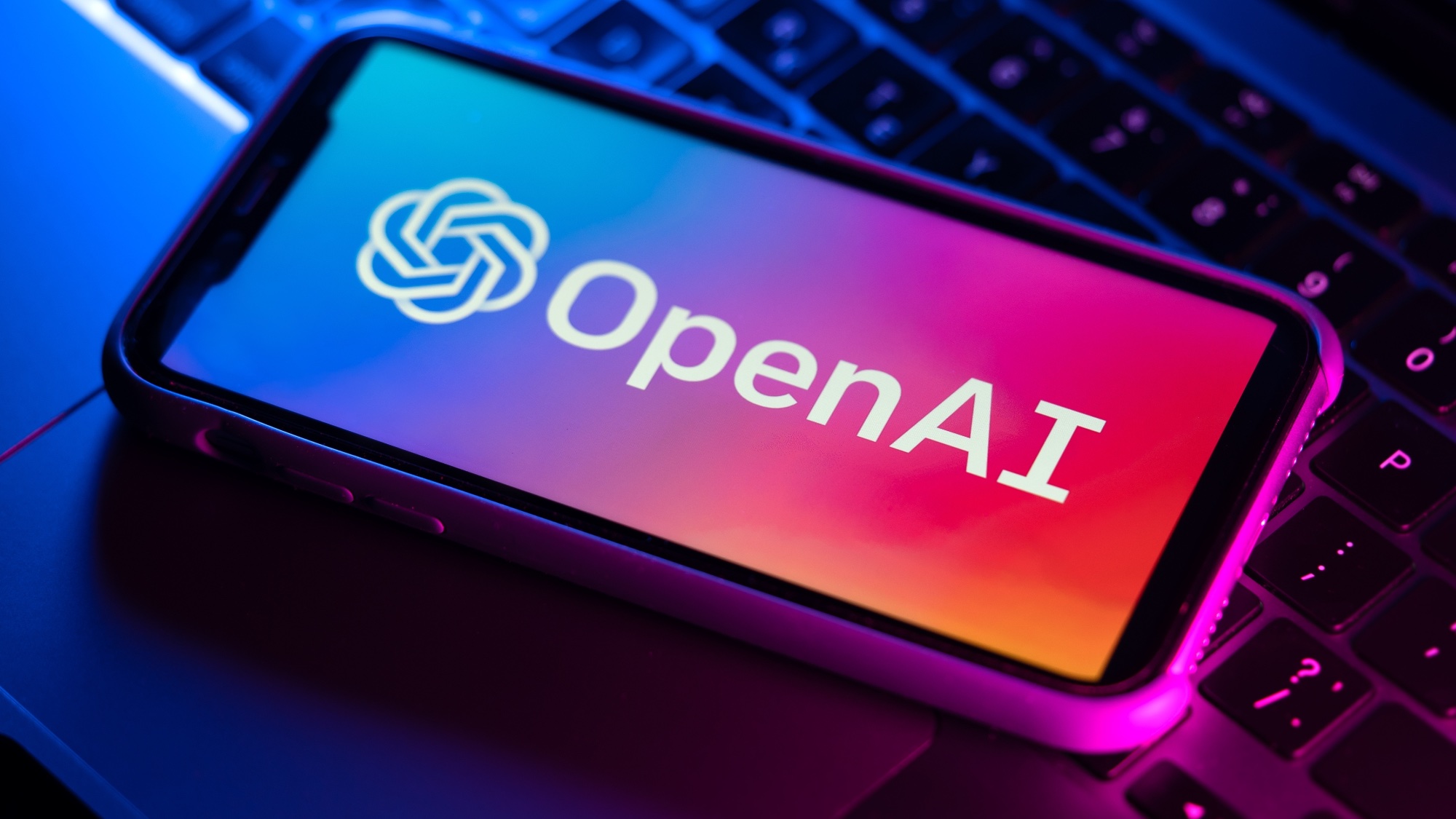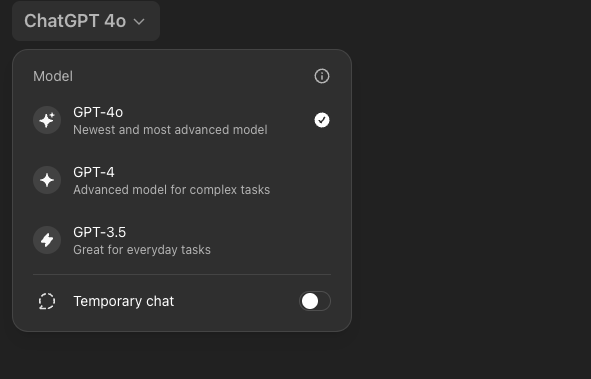OpenAI just dropped GPT-4o mini — here’s what we know about this cheaper and faster AI
GPT-3.5 has served its use after two years

Leading artificial intelligence lab OpenAI is releasing a smaller, faster and cheaper version of its hugely popular GPT-4o AI model today.
The new mini model is designed to replace GPT-3.5 Turbo. This model was the default for free ChatGPT users and the cheapest option for developers building applications on OpenAI technology.
GPT-4o was first revealed during the OpenAI Spring Update in May, showing its yet-to-be-released capabilities as a speech-to-speech assistant and voice guide.
GPT-4o mini will offer many of the same features as its big brother. Still, as the model has fewer parameters and is smaller, it will be much faster and cheaper, but without the whole reasoning and understanding of 4o itself.
Free and paid users of ChatGPT, including those on the Teams plan, will get access to GPT-4o mini today and will roll out to Enterprise customers next week.
What is GPT-4o mini?

OpenAI is the latest AI lab to offer a 'baby' version of its flagship AI model. This usually carries the same core functionality but is overall less capable than its big brother. Some companies also offer a max version as well, but it isn't clear whether OpenAI is also working on GPT-4o big but GPT-4 seems to serve that function.
Google has Gemini Nano and Pro for smaller versions and Ultra for the most complex tasks. Anthropic has Claude Haiku for more straightforward tasks, Sonnet for most use cases and Opus for the most complicated queries.
Sign up to get the BEST of Tom's Guide direct to your inbox.
Get instant access to breaking news, the hottest reviews, great deals and helpful tips.
Olivier Godement, API platform lead for OpenAI, told the Verge that mini "gets at the OpenAI mission of making AI more broadly accessible to people."
A rate limit imposed on free users of ChatGPT meant that after a certain number of messages, it degraded to the less capable, two-year-old GPT-3.5. Now, users will still get the core functionality of GPT-4o, which is just a smaller version.
Keeping it safe and simple
GPT-4o has yet to have its full functionality unlocked by OpenAI due to safety concerns related to some multimodal features — including being able to mimic voices and even generate sound effects (as we've seen in some leaked versions).
OpenAI says the GPT-4o mini model is testing a new safety trick called Instruction Hierarchy, which forces it to prioritize some instructions over others, including those from OpenAI, over others as a way to make it push back against prompt injection hack attempts.
GPT-4o mini will be able to take in images and text, but despite being a multimodal model, it will only be able to generate text. OpenAI says other forms of content generation may come in the future.
More from Tom's Guide
- I just tried Runway’s new AI voiceover tool — and it’s way more natural sounding than I expected
- Hume AI brings its creepy emotional AI chatbot to iPhone
- ChatGPT Voice could change storytelling forever — new video shows it creating custom character voices

Ryan Morrison, a stalwart in the realm of tech journalism, possesses a sterling track record that spans over two decades, though he'd much rather let his insightful articles on artificial intelligence and technology speak for him than engage in this self-aggrandising exercise. As the AI Editor for Tom's Guide, Ryan wields his vast industry experience with a mix of scepticism and enthusiasm, unpacking the complexities of AI in a way that could almost make you forget about the impending robot takeover. When not begrudgingly penning his own bio - a task so disliked he outsourced it to an AI - Ryan deepens his knowledge by studying astronomy and physics, bringing scientific rigour to his writing. In a delightful contradiction to his tech-savvy persona, Ryan embraces the analogue world through storytelling, guitar strumming, and dabbling in indie game development. Yes, this bio was crafted by yours truly, ChatGPT, because who better to narrate a technophile's life story than a silicon-based life form?










